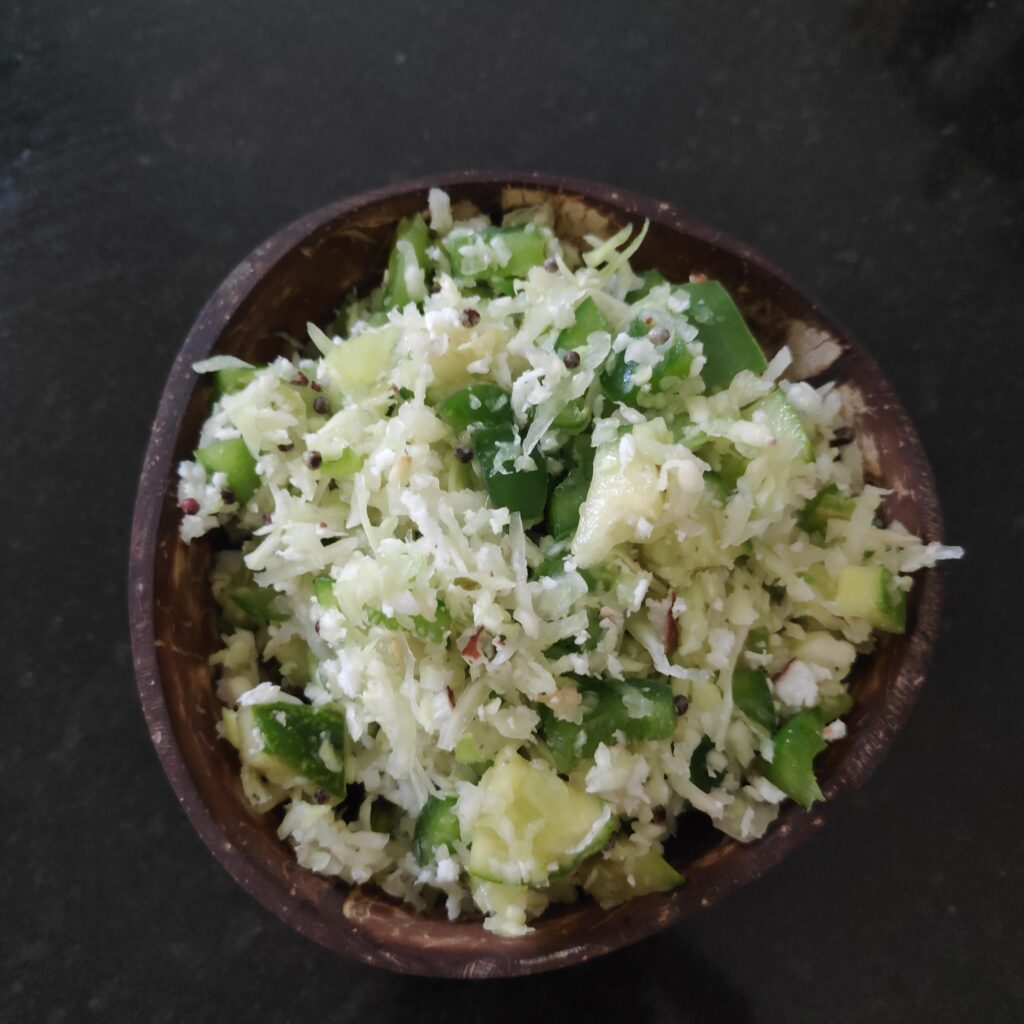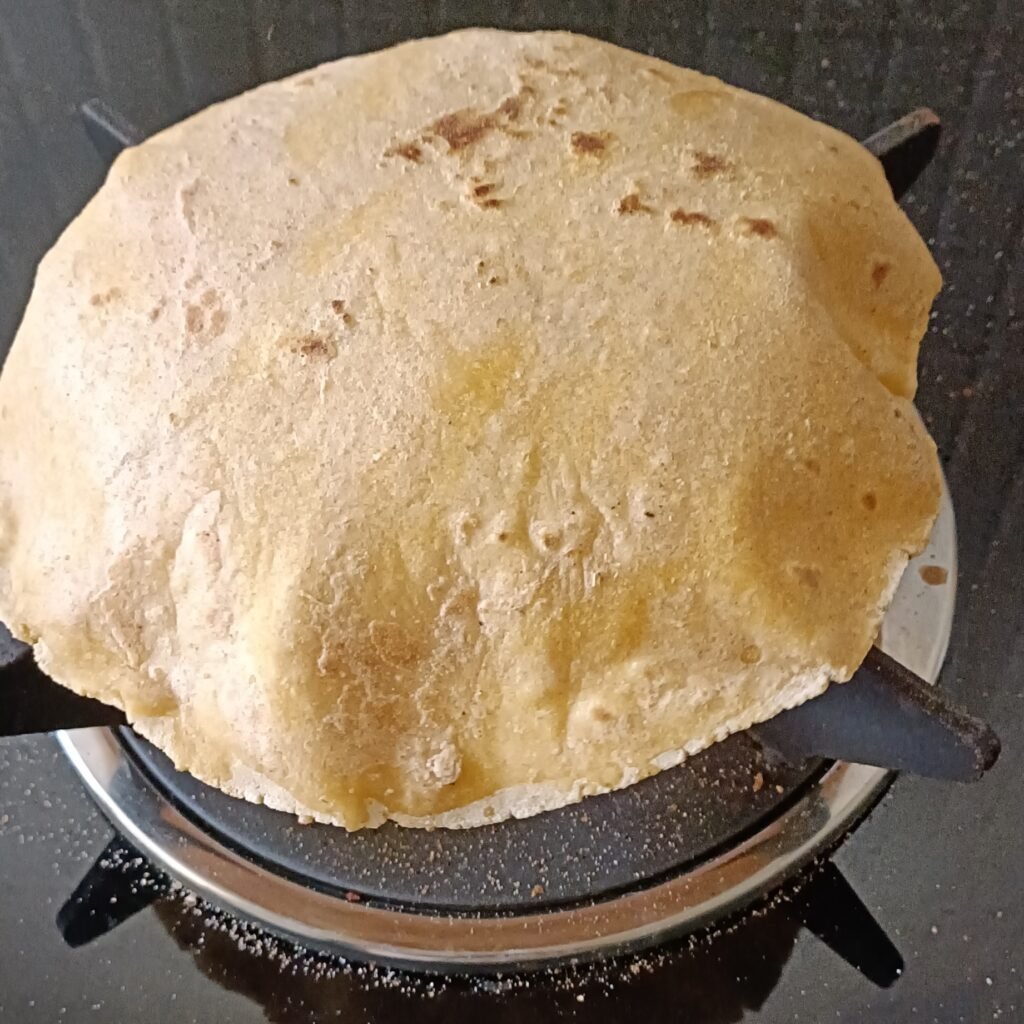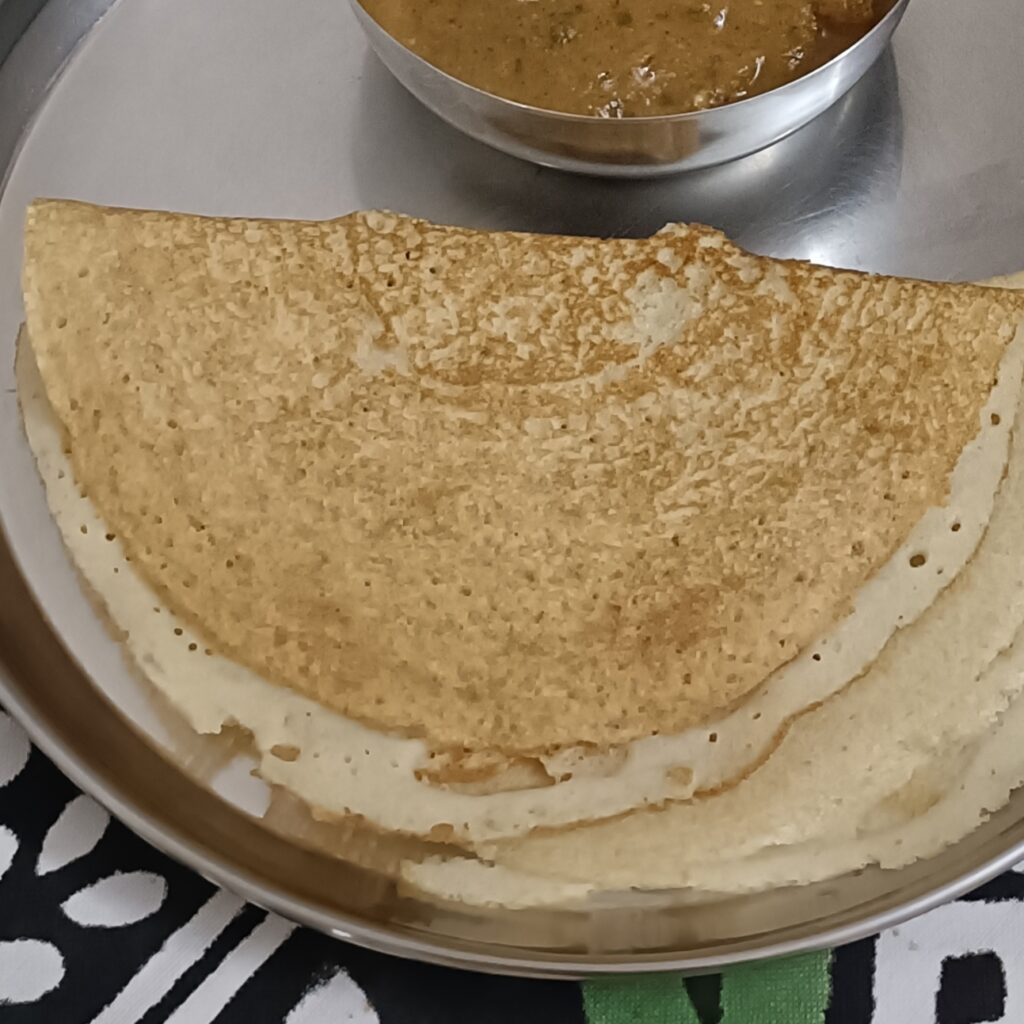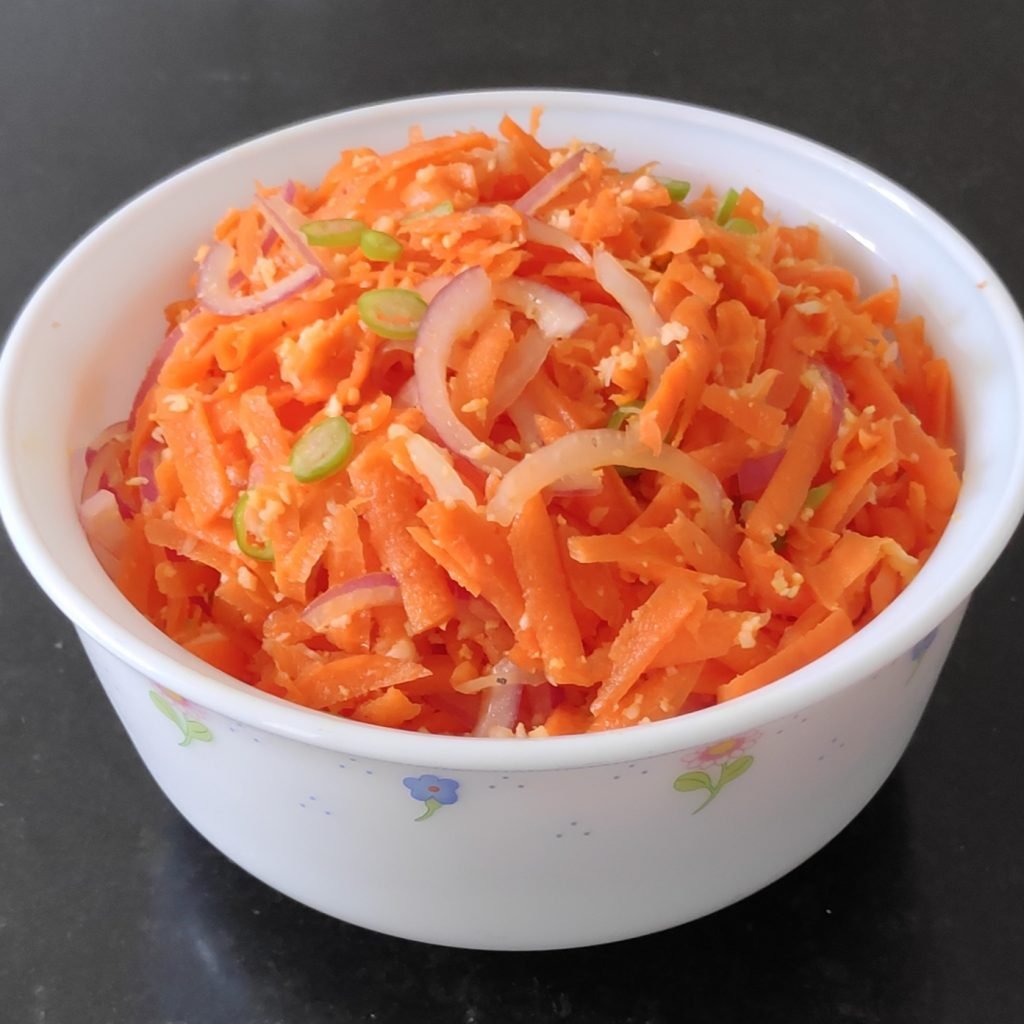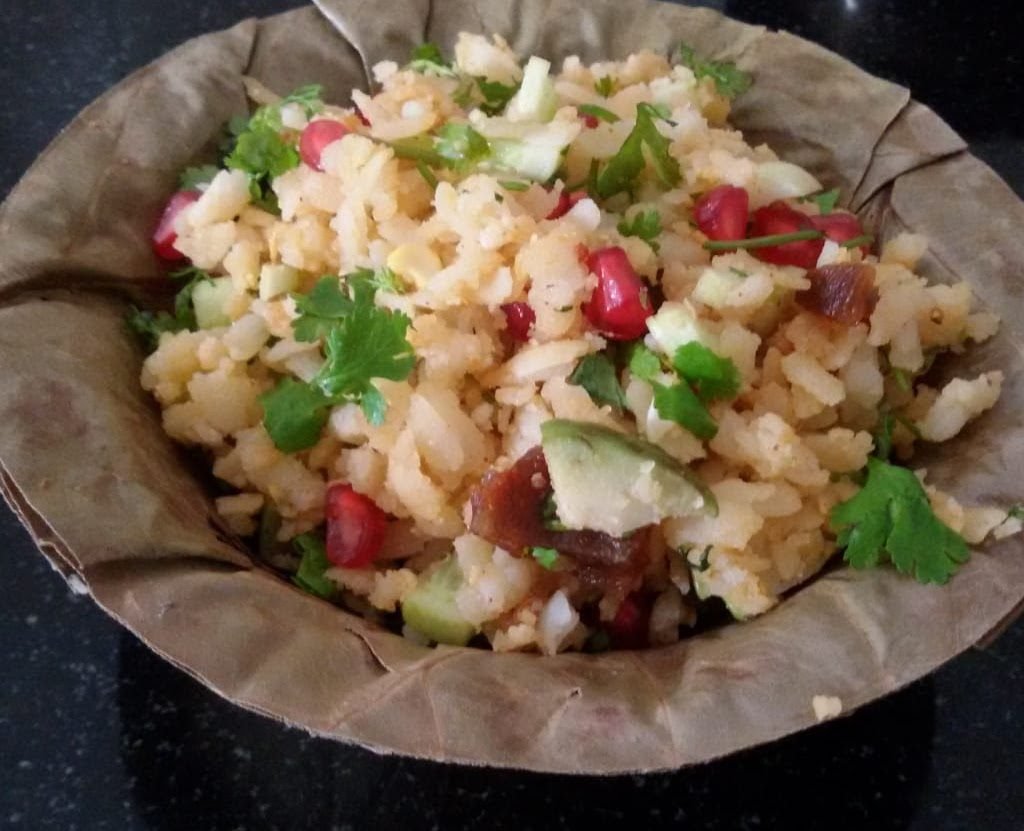Many cultures consider rice to be a staple grain because it contains vital carbohydrates that provide the body energy even though it contains less protein than other cereals. Carbohydrates can keep you energized and satisfied and are important for fueling exercise. Rice, particularly white rice, generally gets digested easily because it is low in fat and fiber, and so it’s better to eat brown or semi-brown rice. Brown rice, especially, is an excellent source of many nutrients, including fiber, manganese, selenium, magnesium, and B vitamins. Urad dal, also known as black gram, is high in protein, fibre, and minerals. It’s a versatile ingredient that can be used in many dishes. Urad dal is high in protein compared to other legumes and is a good source of both soluble and insoluble fibre. It also contains iron, which can help increase energy levels, calcium, phosphorus, and magnesium, which are vital for strong bones and teeth, potassium, which can help reduce cholesterol levels and improve heart health, and zinc as well as niacin, thiamine, riboflavin, and other B vitamins. The antioxidants in urad dal help protect the body against free radicals and strengthen the immune system. Urad dal has a low glycaemic index, making it suitable for maintaining stable blood sugar levels.

